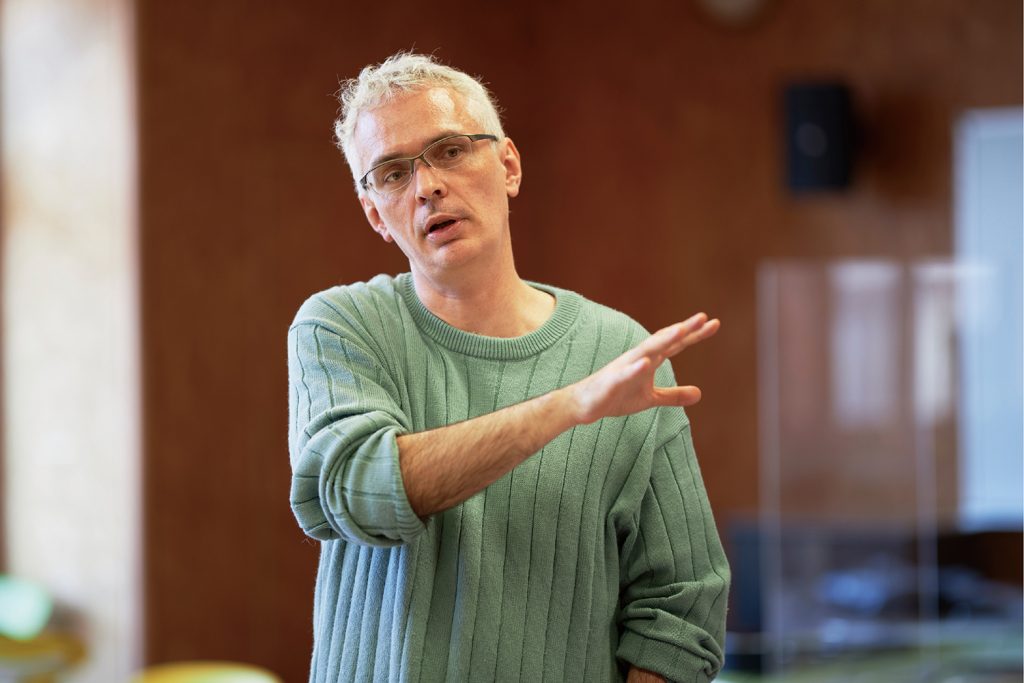Global Connectivity Program: GC
Dialogue between Humanity, Culture, Communication, and Technology
The remarkable progress of humanity, seen through the rapid creation and spread of diverse cultures, has been driven by the use of language and communication. In our complex global society, where information spreads globally in an instant, we need to understand how digital technologies and innovations such as AI are changing us, and how we can live meaningful lives in a world that is in constant change.
In the Global Connectivity (GC) program, students explore both the humanities – culture, literature, and philosophy – which allows them to find meaning and values of our lives, and technologies, such as computation and AI, which are the foundation of our modern society. Collectively, this combination provides students with literacy over both advanced technology and arts; literacy that is informed by critical thinking and transdisciplinary analysis. In the GC program, students identify and explore connections between the humanities and technology and develop a holistic appreciation of their connectedness, allowing them to serve as effective bridges between these two domains in future society.
Message from the Director
Explore Connections between Humanity and Technology
What kind of education is the best suited to prepare for tomorrow? The future is hard to predict, but given the increasing speed of technical advancement, the future society will be much more heavily influenced by technology. As director of the Global Connectivity (GC) Program, I believe that for students to become successful, not only after graduation but during their lifetime, they have to bridge the current ‘bunkei/rikei’ divide. By making interdisciplinary connections, mastering current digital technology, and fully understanding of oneself, culture, and humanity, they then become adaptable and flexible in a changing society. Understanding technology will give students the keys to the future, while humanities will make our life with technology meaningful.

Throughout its curriculum, the GC Program is challenging students to explore connections between humanities, technology, and the interactions in between. The rapid advancement of digital technologies including constant connectivity, automation, and artificial intelligence (AI) forces us to seek answers to complex questions. The effects of these technologies on our lives in current and future societies are one of the examples. Students in the GC Program address questions like: Who benefits from new technologies and connectivity? Who is left out? How can we shape society based on our own, human, values? To what extent should AI replace human judgement?
Whether your next step will be graduate school or the workplace, GC courses will provide you with active and engaged learning opportunities in a dialog between humanity and culture with science and technology. Critical thinking, logical analysis, cultural understanding, as well as the proposal of creative solutions using effective communication practices, will prepare you for a lifetime of learning. Ultimately, as a GC student, you will develop the knowledge and skills necessary to achieve meaningful, positive, and sustainable impacts in your life, in your local community, and in the world.
Dr. Florent DOMENACH,
Director of the Global Connectivity Program
Coordinator of the Information and Communication Technologies / Professor
